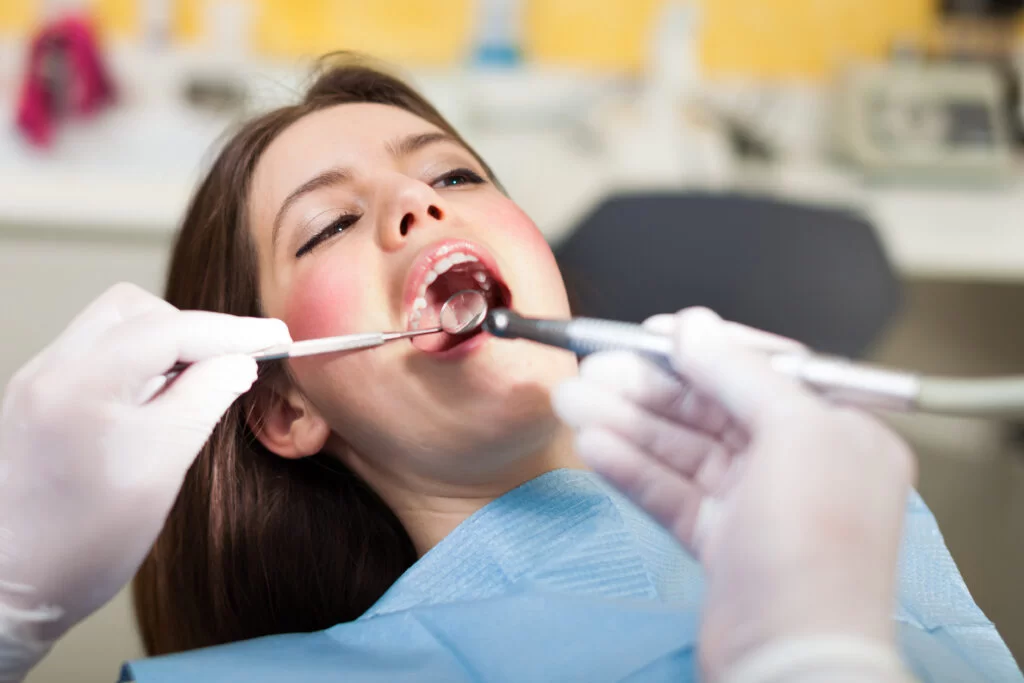Emergency dentistry is a critical component of oral health care that addresses immediate dental issues aiming to alleviate pain, prevent further complications, and restore function. Whether stemming from an injury, infection, or dental disaster, these unexpected situations require prompt attention from qualified dental professionals. Understanding when to seek emergency dental care and the common scenarios that necessitate such services can empower individuals to act swiftly and effectively in the face of dental crises.
In this article, we will explore the various aspects of emergency dentistry, including common emergencies such as toothaches, avulsed teeth, and fractures. We will also discuss the importance of timely intervention, potential treatments, and tips for maintaining oral health to minimize the risk of sudden dental issues. By being informed and prepared, individuals can take charge of their dental emergencies and safeguard their smiles for the future.
Common Dental Emergencies
Toothaches, avulsed teeth, and dental fractures are among the most common emergencies that prompt individuals to seek immediate care. A severe toothache can indicate an underlying infection or cavity that may worsen without prompt treatment, potentially leading to abscesses or tooth loss. An avulsed (knocked-out) tooth requires urgent intervention to increase the chances of successful re-implantation, making it essential to treat the injury as soon as possible. Similarly, fractures can occur due to trauma or excessive force from biting hard objects, necessitating quick evaluation and repair to prevent further complications and preserve oral function.

The Importance of Timely Intervention
Timely intervention is crucial in dental emergencies to alleviate pain and prevent additional challenges. Delaying treatment can lead to more severe conditions that require extensive procedures and greater financial costs. Therefore, being equipped with knowledge about local resources, like Affordable Emergency Dentistry Anthem AZ, can facilitate quicker responses during crises. Moreover, maintaining a proactive approach to oral health, including regular check-ups and awareness of dental hygiene practices, can significantly reduce the likelihood of encountering dental emergencies. With such precautions, individuals can safeguard their smiles and overall oral well-being.
In summary, emergency dentistry plays an essential role in addressing urgent dental concerns, providing immediate relief, and preventing further complications. Awareness of common emergencies and the importance of timely intervention can empower individuals to take swift action when faced with unexpected dental crises. By practicing preventive care and maintaining regular dental visits, one can significantly diminish the risk of emergencies and ensure a healthier, more resilient smile. Ultimately, being prepared and informed not only enhances the likelihood of effective treatment but also fosters a greater commitment to overall oral health, giving individuals the confidence to respond effectively in times of dental distress.




